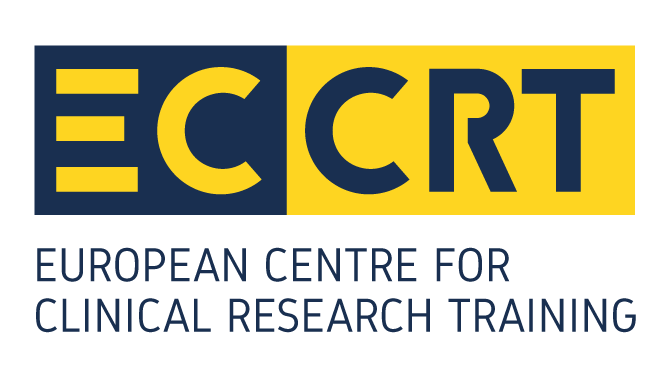Introduction to System Audits for Clinical Auditors
Book a session
| Date | Product | Location | Price | |
|---|---|---|---|---|
| 14/09/2026 | Introduction to System Audits for Clinical Auditors | Brussels | EUR 975 | Book |
| If you would like to have this course as an in-house session click here | ||||

About this course
Reasons to attend
This course on System Audit will allow you:- The Regulations and Guidelines to implement a QMS in clinical research
- Understanding the Quality Management System (QMS) in clinical research and their processes
- Using ISO 19011:2018 Guidelines for Auditing Management Systems as a tool to audit systems in clinical research
- Engaging with your stakeholders; ensuring stakeholder buy-in and support
- Deciding which systems to audit by taking a risk based approach
- Understanding the system/process; Process mapping and its benefits in developing system audits
- Scoping the system audit; what to include and how far to go
- Conducting and reporting a system audit
What's included?
- Documents and materials related to this course are included
- Globally recognised certificates awarded after test completion
Course schedule
We provide this course in two distinct formats: Classroom OR OnlineClassroom: 1-Day face-to-face: 09:00 - 17:00 | Online: 2 webinar sessions |
Course Description
Clinical Research requires a robust Quality Management System (QMS) with processes that meet regulatory requirements, integrate quality-by-design principles, and support the organisation’s objectives. ICH GCP E6 R3 guidelines emphasize a risk-proportionate and quality-by-design approach to clinical trials, and audits remain an essential component within a broader quality and oversight framework.Considering which system to audit is essential in the development of a robust audit program. System audits using a risk-proportionate approach are designed to seek out high-risk weaknesses, critical-to-quality factors, and failures of the process and associated systems. When performed well these audits add tremendous value in identifying systematic risks and issues, and form part of the risk management and monitoring activities of an organization. The conduct of system audits can be challenging as they require:- Comprehensive evidence in support of the measurement of compliance, effectiveness and performance of the process/system
- If the audit examines complex activities, then obtaining and interpreting the evidence can be difficult and may require technical expertise for specialised areas.
- No reporting standards exist for a system-based audit because each audit has specific requirements and results.
Programme highlight
- Defining system audits
- Guideline: ICH-GCP E6 and ISO 19011:2018 Standard
- Determination of key stakeholders
- Stakeholder engagement
- Risk based approach to system selection for audit
- Process mapping exercise and the Denim PDCA cycle
- Scoping the system audit appropriately
- The system audit plan
- Defining the audit roles and responsibilities
- How to conduct the system audit
- How to write system audit reports that generate action
Learning objectives
- Assessing the components or parts of a QMS and the activities(processes) that work together to reach intended results
- Audit criteria for System Audits
- Engaging with your stakeholders; ensuring stakeholder buy-in and support
- Deciding which system/process to audit
- Understanding the system/process; Process mapping and its benefits in developing system audits
- Understanding the Process Flow for the management of an audit programme (Denim Plan-Do-Check- Act (PDCA) cycle
- Scoping the audit; what to include and how far to go
- Conducting and reporting a system/process audit
Who should attend
Experienced Clinical auditors, other quality professionals and anyone with a professional interest in Clinical Trial System Audits.
Competencies
This course covers competencies that are part of the ECCRT Competency Framework:
- Scientific Concepts & Research Design (0)
- Ethical & Participants Safety Considerations (0)
- Investigational Product Development and Regulation (0)
- Clinical Studies Operations (GCPs or ISO 14155) (2)
- Study and Site Management (1)
- Data Management and Informatics (1)
- Leadership and Professionalism (0)
- Communication (0)
- Teamwork (0)
- Business acumen (0)


Susan Holt
SGS
Using the afternoon session to apply what we learned in the morning. Using a real-life example to practice and obtaining valuable input and guidance from Cathy as to how to proceed with our next system audit - Thank you Cathy for a productive day of hands-on training and sharing your personal experiences as an auditor and quality assurance expert.
Myrra Kats
SGS
This is a good training to lever the experience of auditors with limited experience in conducting system (high level) audits.
Els Tassenoy
AML Research
Visualize all processes for a study and see their interaction - better understanding of the system audits theory.
Anonymous
UCB